The Science of Human Brain Connectivity and Cognition
Introduction
The human brain, a complex organ composed of billions of neurons, is the central hub for cognition and brain connectivity. The study of these two interconnected fields, known as the science of human brain connectivity and cognition, is a rapidly evolving discipline within neuroscience. This article delves into the intricate details of this subject, exploring the mechanisms of brain connectivity, the cognitive processes, and how they interact to shape human behavior and consciousness.

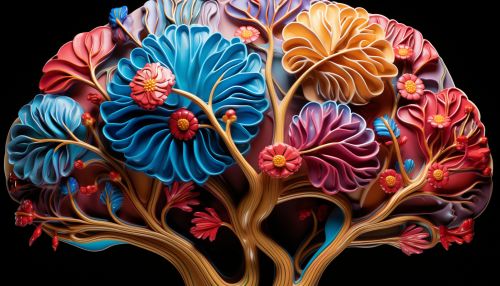
Brain Connectivity
Brain connectivity refers to the patterns of anatomical links (structural connectivity), functional associations (functional connectivity), and effective relationships (effective connectivity) between distinct units within the brain. These units can range from single neurons to clusters of neurons, known as neural networks.
Structural Connectivity
Structural connectivity refers to the physical connections between different regions of the brain, primarily formed by axons and dendrites of neurons. These connections, also known as white matter tracts, form the basis of the brain's wiring diagram, or the connectome. The study of structural connectivity often involves techniques such as diffusion MRI, which allows researchers to map out the white matter tracts in the brain.
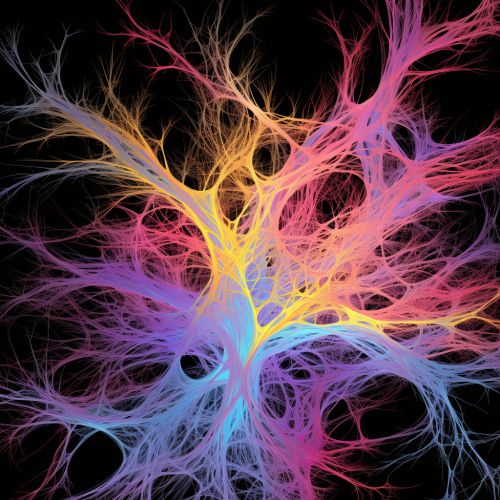
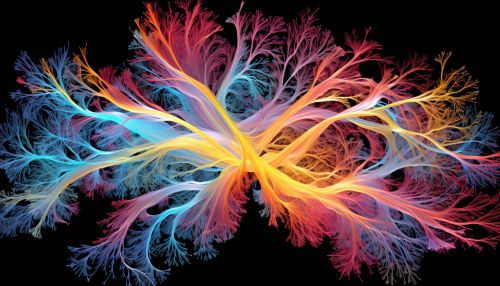
Functional Connectivity
Functional connectivity, on the other hand, refers to the statistical dependencies among remote neurophysiological events. This type of connectivity is not concerned with the physical connections between brain regions, but rather with their temporal correlations. Techniques such as functional magnetic resonance imaging (fMRI) and electroencephalography (EEG) are commonly used to study functional connectivity.
Effective Connectivity
Effective connectivity is concerned with the influence that one neural system exerts over another, either directly or indirectly. It represents the causal effect of one group of neurons on another and is often studied using techniques such as dynamic causal modelling.
Cognition
Cognition encompasses all mental processes that lead to the acquisition, processing, storage, and use of information. These processes include perception, attention, memory, language, problem-solving, and decision-making. Each of these cognitive processes is associated with specific regions or networks within the brain.
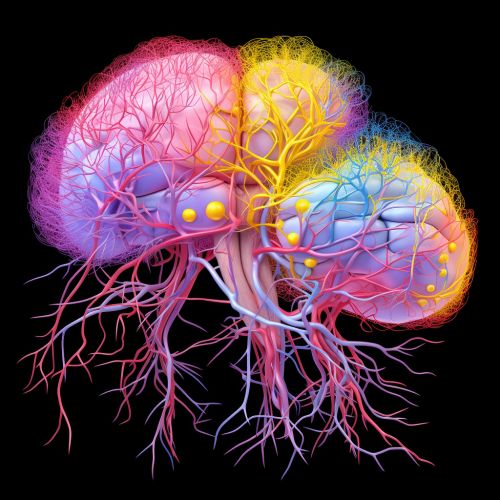
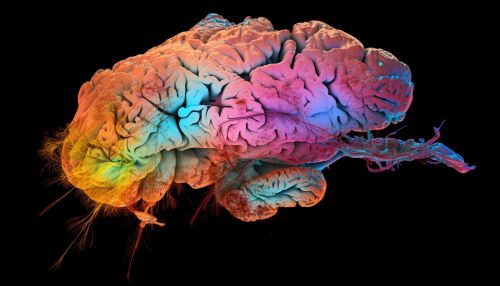
Perception
Perception is the process by which the brain interprets sensory information from the environment. This process involves several stages, from the detection of stimuli by sensory organs to the interpretation of this information by the brain. The primary sensory areas in the brain, such as the visual cortex, auditory cortex, and somatosensory cortex, play crucial roles in perception.
Attention
Attention refers to the cognitive process of selectively concentrating on one aspect of the environment while ignoring other things. The frontal lobe, particularly the prefrontal cortex, is heavily involved in attentional control.
Memory
Memory is the cognitive function that allows us to encode, store, and retrieve information. Different types of memory are associated with different brain regions. For instance, the hippocampus is crucial for the formation of new memories, while the amygdala is involved in emotional memory.
Language
Language processing involves several cognitive processes, including the comprehension of spoken and written language, the production of speech, and the ability to read and write. The Broca's area and Wernicke's area are two key regions involved in language processing.
Problem-Solving and Decision-Making
Problem-solving and decision-making are higher-order cognitive processes that involve several brain regions. The prefrontal cortex plays a crucial role in these processes, particularly in tasks that require planning, reasoning, and judgment.
Interplay of Brain Connectivity and Cognition
The interplay between brain connectivity and cognition is a complex and dynamic process. The structural and functional connectivity of the brain forms the basis for cognitive processes. Conversely, cognitive processes can influence brain connectivity, leading to changes in the strength and pattern of connections over time.
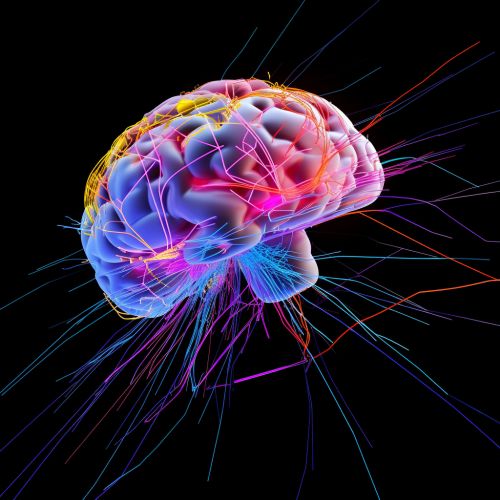
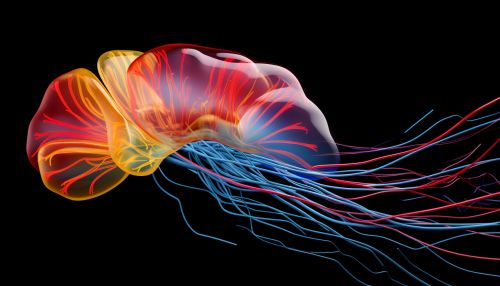
Conclusion
The science of human brain connectivity and cognition is a fascinating field that provides insights into the complex workings of the human mind. By studying the intricate network of connections within the brain and how these connections give rise to cognitive processes, researchers can gain a deeper understanding of human behavior, consciousness, and the underlying causes of neurological and psychiatric disorders.
